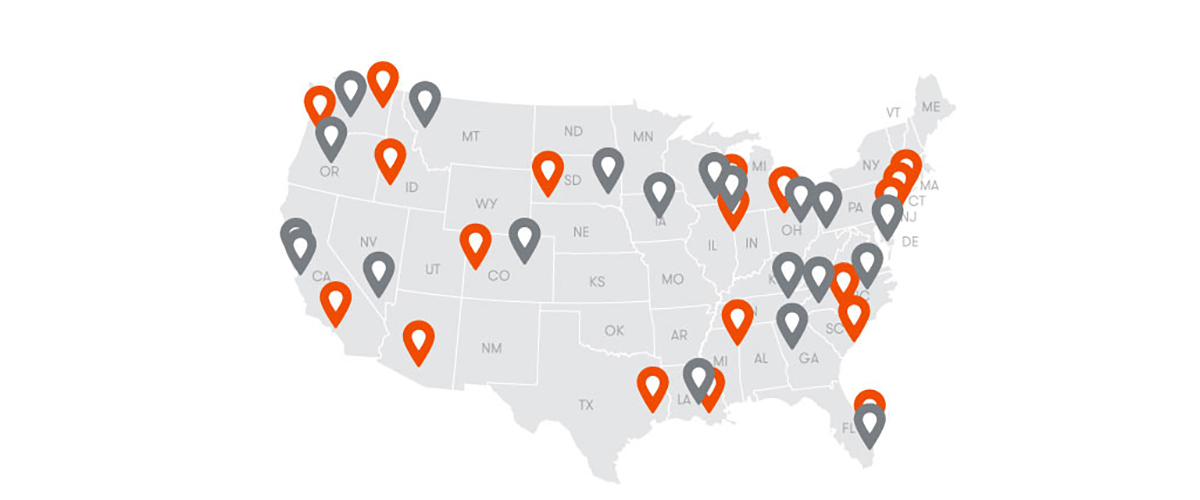Interagency Collaboration Jail Populations Presumption of Innocence May 16, 2018
In 2014, MacArthur began to shift the focus of its justice reform grantmaking from the juvenile to the adult system. As the Foundation evolved its work to concentrate resources more deeply in fewer fields for greater impact, mass incarceration emerged an undeniable priority. The facts speak for themselves: more than one-and-a-half million Americans are incarcerated in prisons, there are nearly 12 million admissions to jail each year, and the “land of the free” is home to a quarter of the world’s incarcerated people. This is an enormous challenge with prohibitive economic costs and profound social repercussions.
But how to go about tackling this issue in a way that would allow the Foundation to make a significant contribution was less obvious. After much research and expert consultation, we felt our limited resources could have the greatest impact through a focus on the often overlooked front end of the system. More specifically, this meant a focus on jails and the local justice systems in which they operate, which function as the “front door” of mass incarceration. Our next challenge was to assess the appetite among jurisdictions across the country to take a hard look at their local justice systems and to reform them to be fairer and more effective.
We conceptualized a competition that would make funds available to support leaders of local justice reform, creating on-the-ground enhancements to their justice systems while amassing a body of knowledge about what works in achieving local reform. The Safety and Justice Challenge, a more than $100 million commitment to addressing mass incarceration by changing the way America thinks about and uses jails, was launched in February 2015.
Our initial uncertainty as to what the response would be quickly evaporated. We received applications from nearly 200 jurisdictions in 45 states and territories, from which we selected 20 geographically diverse jurisdictions to participate in the Challenge Network beginning in May 2015. Since then, our support for these jurisdictions has deepend as they grow their reform efforts, and the Network has added 20 new jurisdictions participating in the Challenge through an Innovation Fund.
Local leaders involved in the Challenge are proving it is possible for cities, counties, and states to rethink local justice systems from the ground up with forward-looking, smart solutions that safely reduce jail populations and eliminate ineffective, inefficient, and unfair practices. The jurisdictions’ plans employ an array of local solutions, such as diversion programs to steer people who are not a public safety threat away from the criminal justice system; expanded community-based treatment options; and improvements to case processing efficiency to reduce people’s time in jail before trial. For example, 13 jurisdictions are working with community-based treatment providers to provide targeted crisis interventions, detox or residential treatment, and other proven models of substance abuse and mental health treatment. The diversity of sizes, geographies, demographics, and challenges represented in the Challenge Network will produce a variety of creative approaches and models for reform that jurisdictions across the country can adopt.
Our criminal justice work has its origins in a decades-long commitment to justice reform in the United States, but its execution represents a sea change in MacArthur’s history. As one of the Foundation’s Big Bets, this work exemplifies a shift toward more concentrated grantmaking to drive transformative change in an area of profound concern. It entails risk: the criminal justice space is complex, influenced by political shifts and national events, and reform is hard-won. Our work will test the hypothesis that a key to addressing mass incarceration lies in local justice reform. What we have seen thus far is a heartening commitment from leaders across the country who agree with us and are will to lead the charge.
Since 2015, MacArthur has awarded more than 130 grants and over $116 million through the Safety and Justice Challenge. This post was original published on the MacArthur Foundation website.


